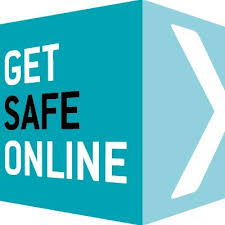Pacific Islanders living and working overseas send money transfers back home (remittances) to their families to buy essentials, pay for accommodation and maintain their standard of living. This money also helps them to deal with emergencies or settle overdue bills.
These remittances can also make a substantial contribution to the economy of the country.
It is important that these funds a transferred safely so that it reaches their families back home.
The ‘Get Safe Online Pacific’ provides essential tips and information for people across the Pacific to help make sure their experience of sending or receiving money overseas is successful, safe, and economical.
Today, the ‘Get Safe Online Pacific’ launched a new campaign to help Pacific Islanders send and receive remittances safely and reduce the risk of online fraud.
The campaign will highlight ways online theft can occur and provide a simple set of ‘dos and don’ts’ for safe transfers. It will also help people find out which operators they can use safely to send and receive money overseas.
Sending and receiving remittances to and from Pacific Island countries has become hugely important to the very survival of island nations throughout the COVID-19 pandemic, and so the new campaign provides helpful and practical guidance to tackle fraud, keep people safe and get remittances flowing.
The ‘Get Safe Online Pacific’ new campaign highlights typical ways that online theft can occur, such as being tricked via email, text, direct message, social post, or in person, or by a fraudster posing as a remittance service. Another way is by inadvertently allowing scammers to gain access to your bank account or online remittance service in order to steal funds by withdrawing money or making unauthorized payments.
These tips will be available in English, Kiribati, i-Taukei, Tok Pisin (PNG) Solomon Pijin, Bislama (Vanuatu) Samoan and Tongan. The campaign will also utilise radio and TV talkback shows.
Detailed information about the campaign is available on the ‘Get Safe Online’s nine Pacific island country websites as well as on www.sendmoneypacific.org


